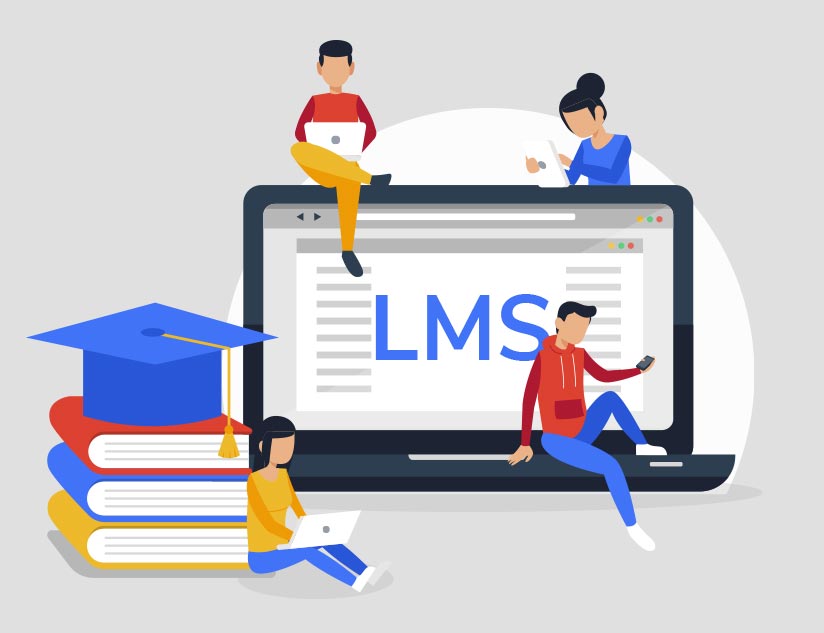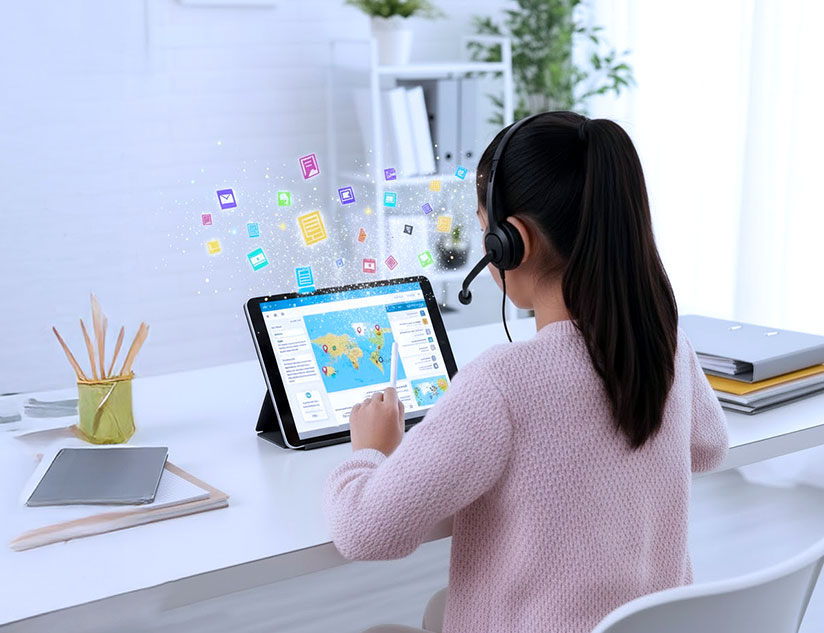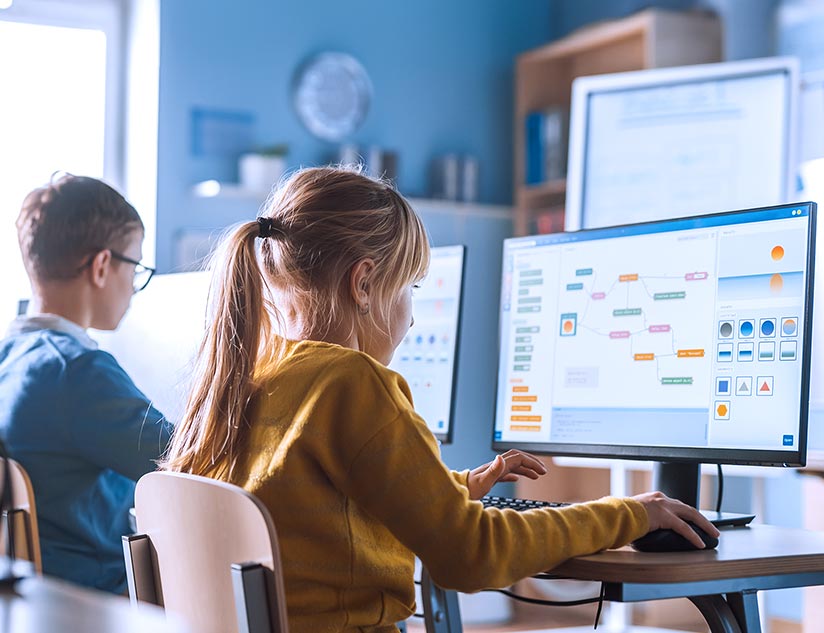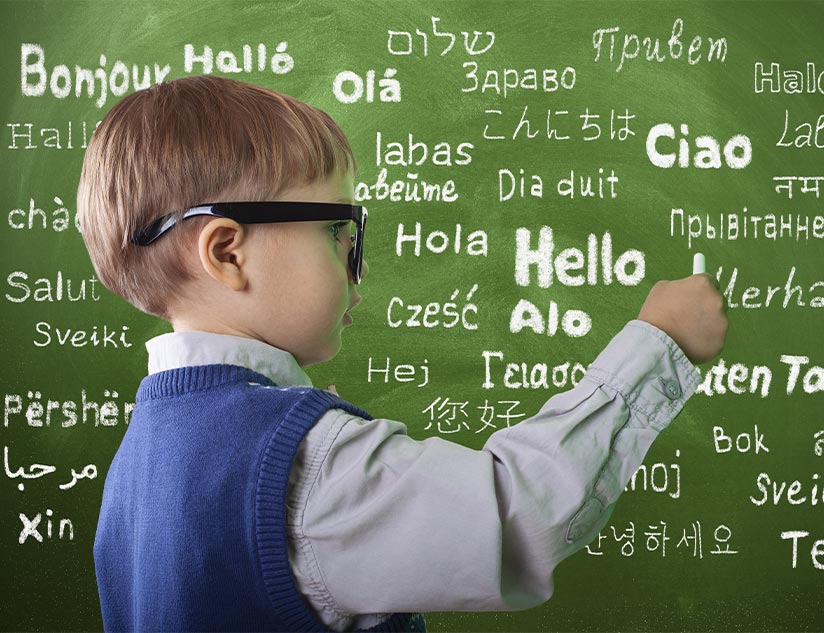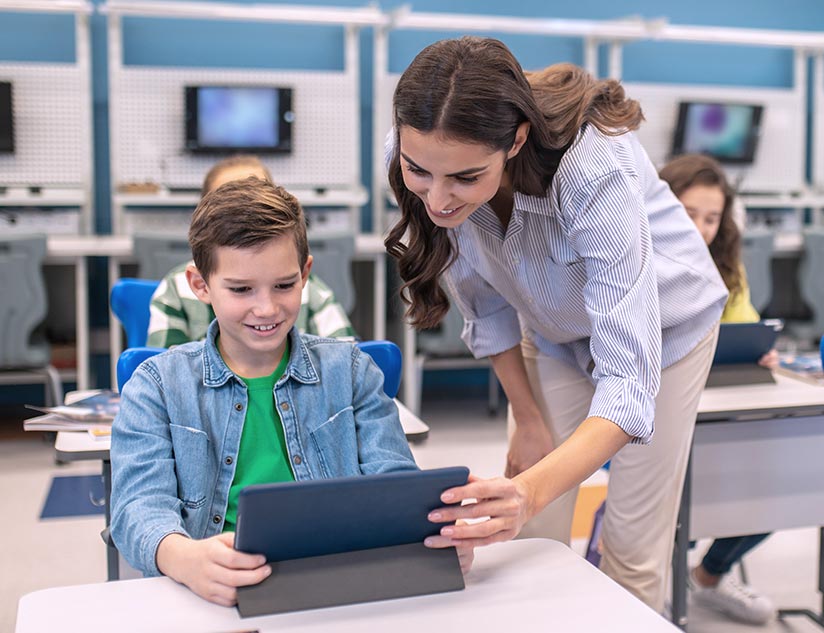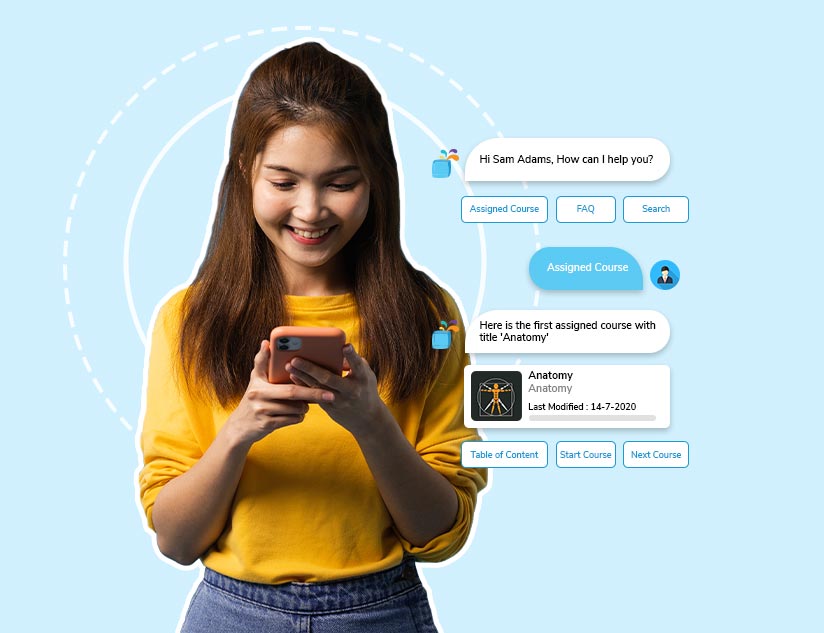In recent years, technological innovations have impacted the education sector hugely. Learning Management Systems (LMSes), a key EdTech tool, offered educators new ways to create and distribute engaging study materials and enable enhanced learning experiences. In today’s knowledge-based economy, the use of an LMS has become almost a must for educational institutions worldwide.
One of the reasons for this is that today’s students or Gen Z are true digital natives. Social media, advances in digital platforms and readily available information online are part of their daily life. In 2018, 95% of 13-to-17-year olds had access to smartphones. Digital learning was something that they could easily relate to. Other factors included growing innovations in AI and machine learning technologies, increasing government drive toward digitization and increased inclination towards BYOD policies.
In the context of the global pandemic crisis, the popularity of digital learning platforms skyrocketed. Online learning came as a savior for students all across the world, forced to stay at home as the pandemic raged on like wildfire. The power of EdTech allowed educators to ensure the continuation of learning even during lockdowns.
However, when learning becomes completely digital and remote, is an LMS sufficient to ensure effective education delivery? Here are some reasons why educators and publishers need to look beyond just an LMS and adopt an end-to-end digital content creation and distribution platform like MagicBox™.
What an LMS Can’t Do
- Creation of Engaging & Interactive Content
A great LMS might be able to help distribute existing learning content among the students. But can it ensure that the content is engaging? How about creating personalized learning paths for each student? Does it help with authoring great educational resources in various formats and also do amazing things?
With robust content authoring features, a complete digital learning solution can cut down the time to create educational courses and assessments by up to 40%. With in-built templates, themes and layouts to create and edit courses, publishers no longer need to invest in in-house tech teams. In addition, the integration of audio, video and other multimedia and interactive elements is effortless. It can also help convert print materials into ePub 3 format with just a click.
- Ensuring Digital Equity
The COVID-19 pandemic brought to light that all students do not have equal access to digital learning. Students from lower-income group families tend not to have reliable access to internet connectivity and laptops. This means that the digital learning platform should not only be compatible with multiple device types but also enable offline access to learning so that students can access content from anywhere and at any time.
This is where the MagicBox™ eReader app comes to the rescue. It enables students and teachers to download content whenever they have internet connectivity and peruse the materials at their convenience. The unique eReader also allows students to add notes, highlight text and add bookmarks in the offline mode. All these are synced when the device is next online. This way, education need never be out of reach for any student.
- Strengthen Learning Outcomes
Assessing learning and providing regular, individualized feedback is key to motivating students and ensuring improved learning outcomes. Online assessment creation and deployment has long been a challenge that a traditional LMS is unable to address.
However, a powerful assessment engine can help publishers create dynamic content embedded with tests, questionnaires, multiple-choice questions, fill-in-the-blanks, quizzes, and much more. Both formative and summative assessments, as well as standards-based assessments, can be created and administered effortlessly.
In addition, both group and individual assignments and assessments can be conducted. Video assessments allow students to demonstrate skills in real-time, while teachers can provide personalized, time-stamped feedback to students. Integration with GradeCam and a machine learning evaluation matrix ease the task of grading assessments for teachers, for both objective and subjective type responses.
- Customizable Analytics and Reporting
Modern LMSs are highly advanced but not many have the capabilities to perform an in-depth analysis of content consumption patterns, learning behaviors, and engagement levels. MagicBox™ is armed with analytic tools that can help create customized reports to help publishers and educators make informed, data-driven decisions. This can help make education much more effective, by allowing publishers to understand what types of content work best, while teachers can modify their lesson plans and instruction methods for the best results.
Teachers can also share analytics with parents regarding how their children are performing at school.
Final Thoughts
Apart from the above, some other useful features that a mere LMS cannot provide are compliance with both industrial standards and regulations, such as COPPA, FERPA, and GDPR. However, the right digital learning platform will ensure the protection of students’ personal information and ensure a secure digital learning experience. Moreover, it can readily integrate with all popular LMSes, bringing the best of both worlds under one roof.
MagicBox™ is a multi-award winning, SaaS-based, cloud-hosted, end-to-end digital content creation and distribution platform. Powered by the latest EdTech features and easy third-party integrations, the platform is a one-stop solution for K-12 and higher education. To learn more about MagicBox™, contact us today.

